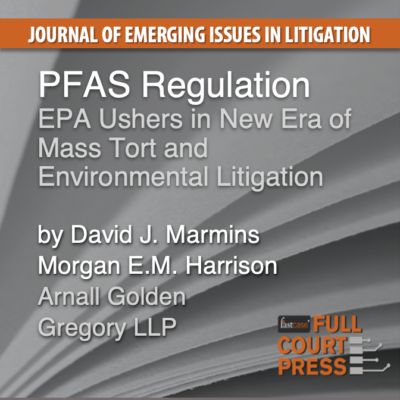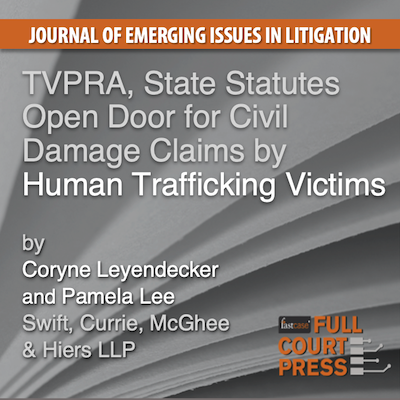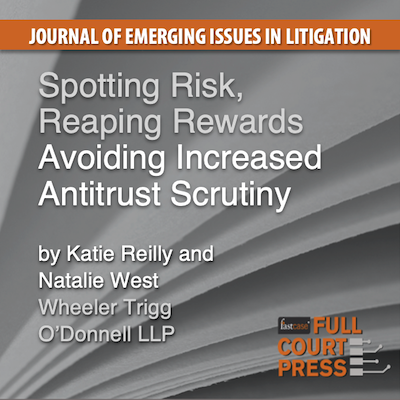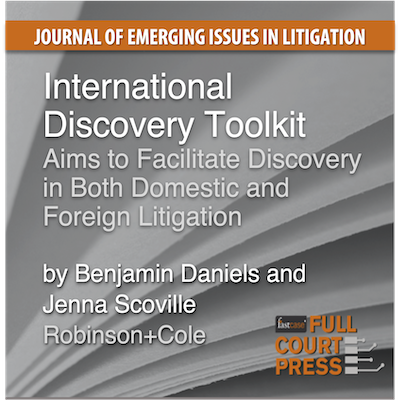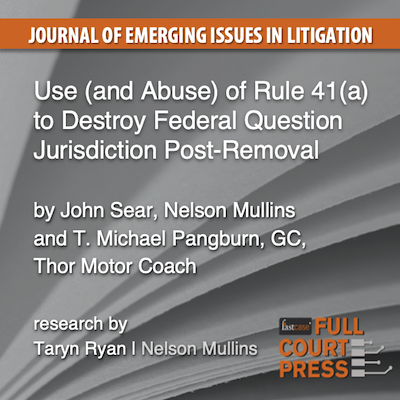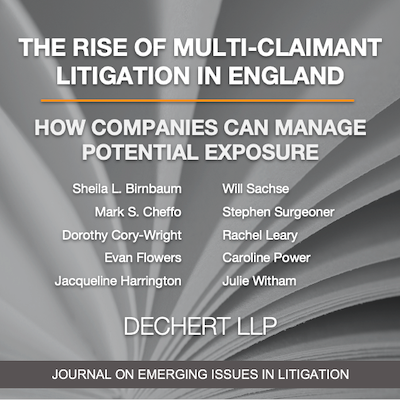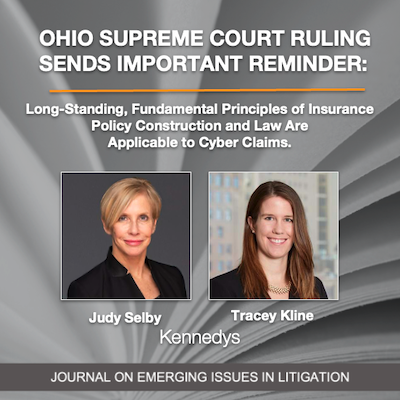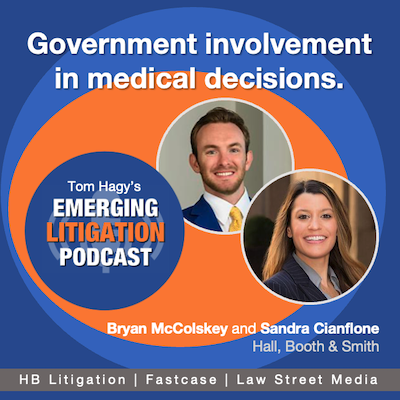MASS TORTS | CLASS ACTIONS
News | Insights | Webinars
The Promise and Peril of Quantum Computing and Its Implications for Cyber Insurance
Quantum computing, like artificial intelligence, is one of several emerging technologies that could either save the planet or end the world, depending on which expert is holding forth on the issue. This article explores the promise and peril of quantum computing and the potential coverage implications under cyber insurance policies. As Cameron notes, "while cyber insurance may provide some coverage for hazards that result from quantum computing, those policies may not respond to many of the risks".




